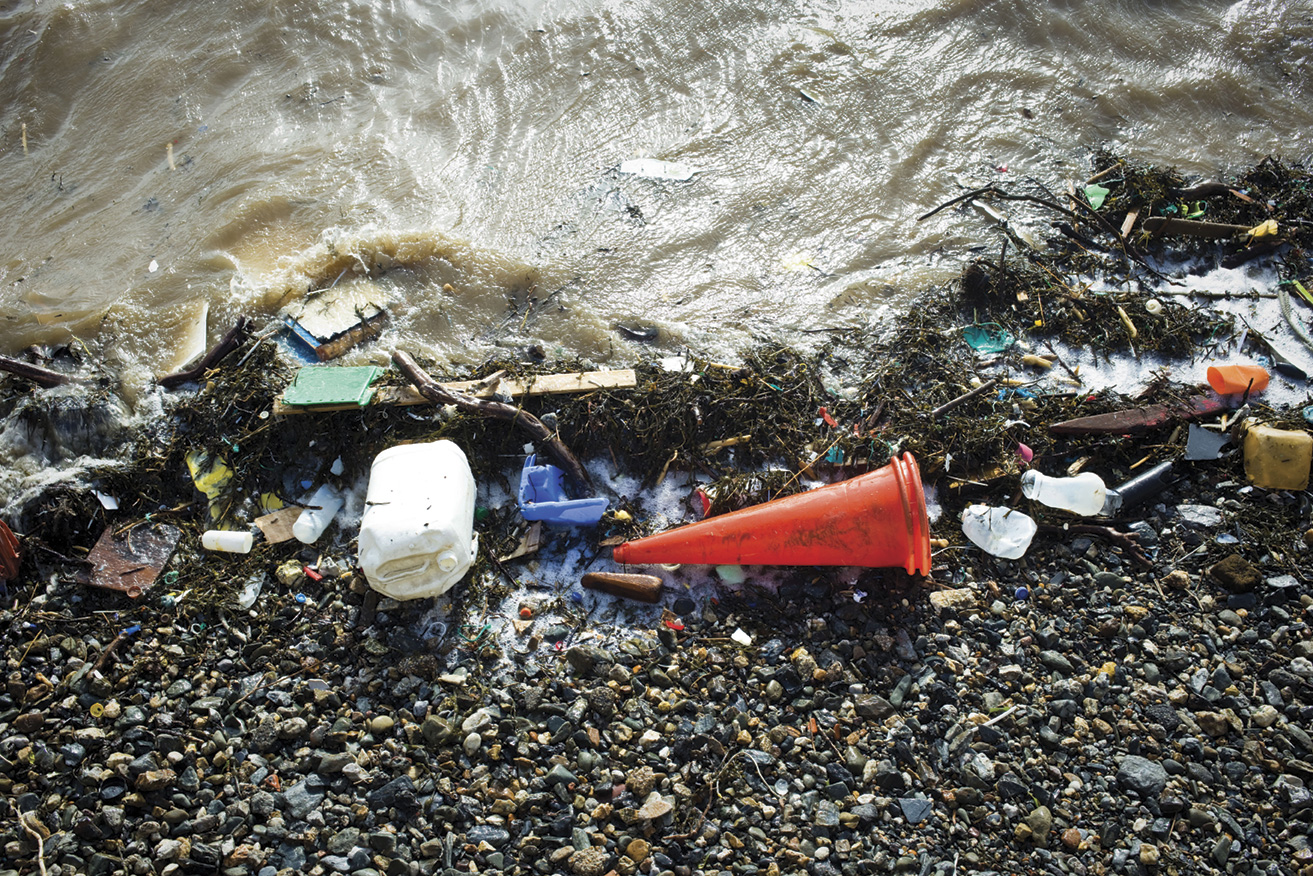

What can we as surfers do to help such a large-scale pollution problem?
As surfers, we use the sea more than most. It is our responsibility to help protect our oceans. Now is the time to give back for all the fun and enjoyment the sea has provided us. “We need to make sure the plastic stays out of the sea,” says Surfers Against Sewage Campaign Director Andy Cummins. He advises the following:
• You usually get at least one good wave a surf session, sometimes you’ll get many more. On the way back up the beach try picking up one piece of litter for every good wave you caught.
• Attend a beach clean. We have hundreds of beach cleans around the UK every year. With your help we can take more trash off the tide line.
• Join environmental organisation and make your voice louder. SAS lobby government and industry to take tougher action on the marine litter crisis.
Recycle and Reuse
No matter where you are in the world you can do your part to make change. Here are some ideas on where to start the cull of plastic products:
• Bring your own bag when you go shopping.
• Stop buying plastic water bottles and invest in a water filter bottle or reuse.
• Recycle any plastic you can’t avoid buying.
• Buy things from local grocery/food stores, they use less packaging than big chain food stores.
• Spread the word; tell your friends of the problems and encourage them to recycle too.

Surfers against Sewage facts:
• A plastic bottle can persist in the marine environment for more than 450 years if left on a beach.
• Cigarette butts contain toxins such as cadmium, lead and arsenic, polluting up to 8 litres of water.
• Mermaid’s tears are the second most common litter item found on UK beaches.
• 37.4 percent of marine litter comes directly from the public. Clean up after yourself at the beach.
• Plastic items make up the vast majority of marine litter and never truly breaks down.
• Over 100,000 marine mammals and 1 million seabirds die every year from ingestion or entanglement in litter.
• 300,000 whales, dolphins and other cetaceans are killed annually by fishing equipment.
• There are now 46,000 pieces of plastic per square kilometre of the world’s oceans, killing a million seabirds and 100,000 marine mammals each year.





